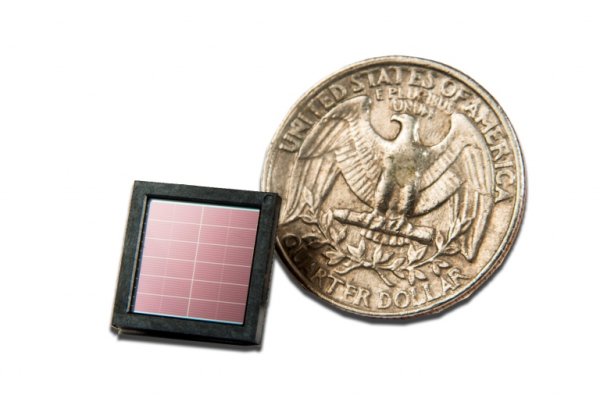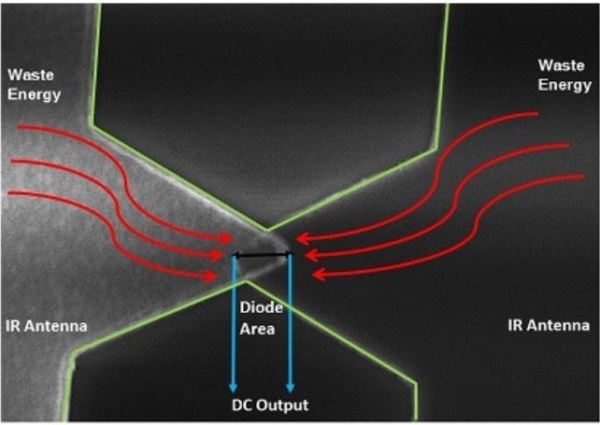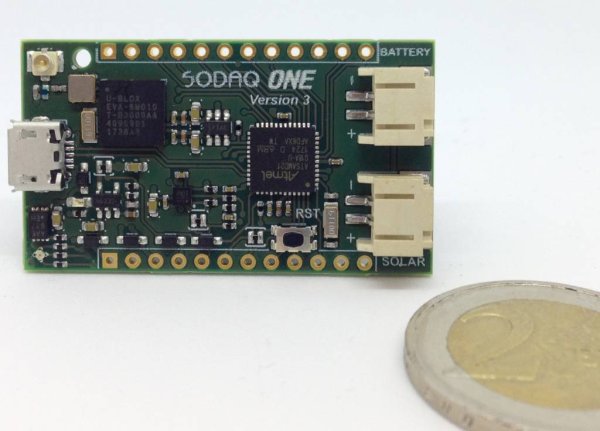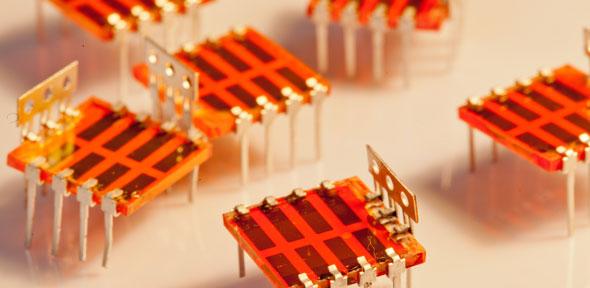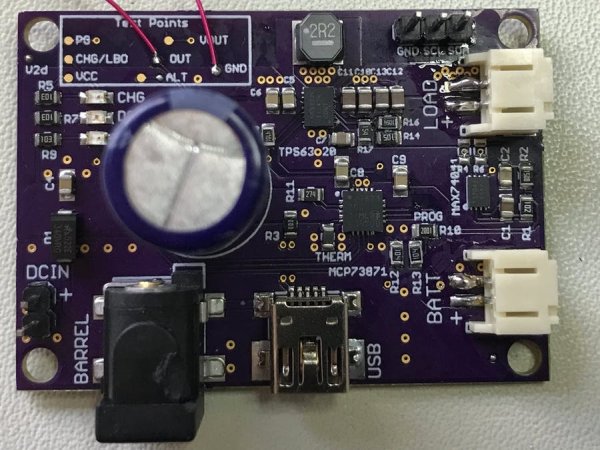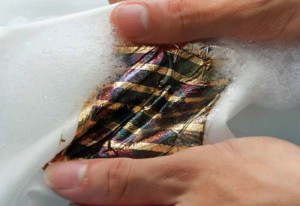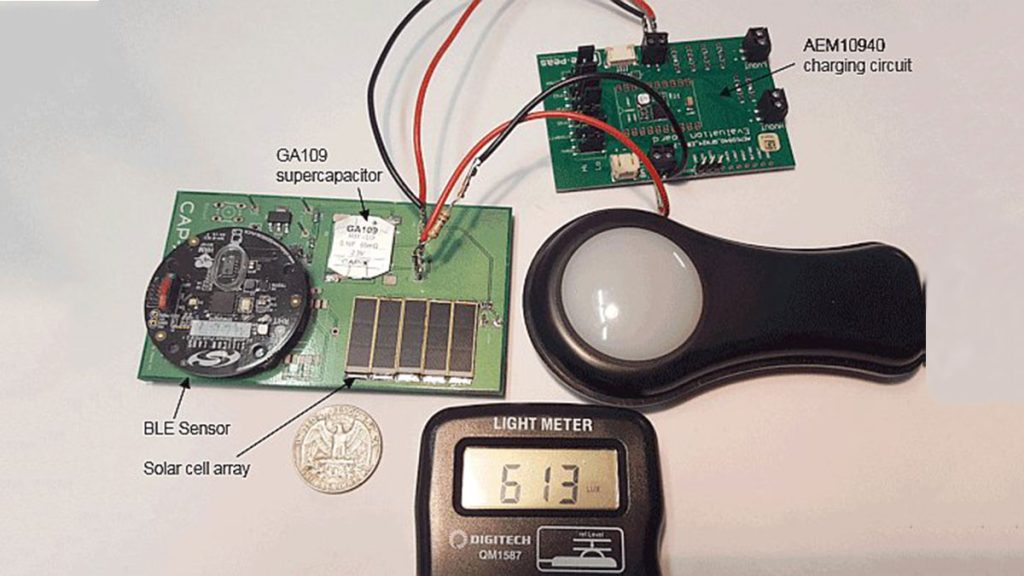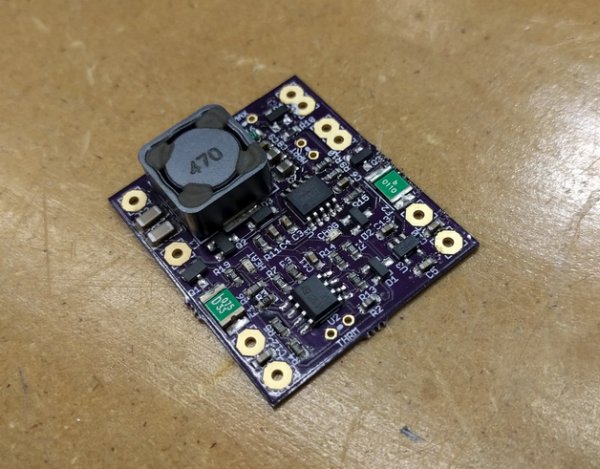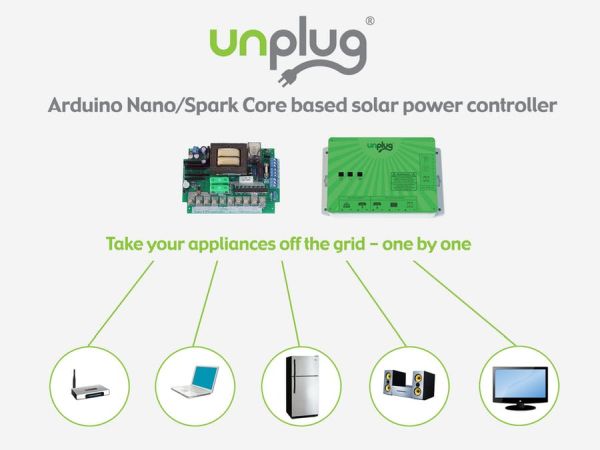Solar energy harvester IC that operates with indoor lighting
Saelig Company, Inc. (www.saelig.com) has introduced the patented Sol Chip Saturn802 Energy Harvester IC – a unique photovoltaic (PV) cell which can produce output voltage levels of 0.75V, 1.5V, 2.25V, 3.0V, 4.5V, and 9V, which existing solar cells cannot do. The maximum power which can be obtained in full daylight is around 10mW, or 55uW […]
Solar energy harvester IC that operates with indoor lighting Continue Reading

